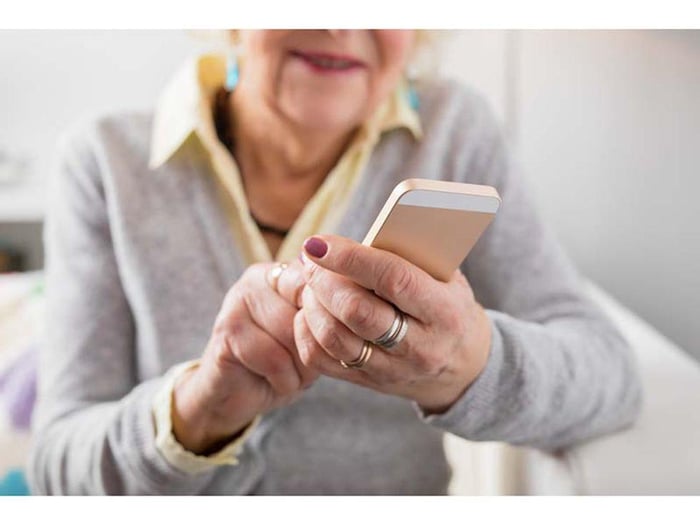Misinformation on Cancer Nutrition Abounds on Pinterest: Study

TUESDAY, May 10, 2022 (HealthDay News) -- About one-third of cancer nutrition information on the social media site Pinterest is misleading and posted by businesses trying to sell products, according to a new study.
"Our results revealed a significant amount of misinformation about cancer and nutrition," said study co-author Tracy Crane, an associate professor at the University of Miami Miller School of Medicine.
"There's a pervasiveness of health claims that are not necessarily valid or coming from reliable sources," Crane said in a university news release.
Crane and colleagues searched Pinterest using terms like "cancer recipe" or "cancer nutrition," to replicate the kinds of queries made by cancer patients.
Nearly half the responses to their searches were on "for-profit" sites. Also, numerous health claims featured terms such as anti-cancer, cancer-fighting or cancer-busting.
Many posts exaggerated the ability of food and/or supplements to cure cancer. One even claimed a "terminal cancer patient reverses disease with anti-angiogenic foods," which is almost certainly false, according to the authors.
"Around 33% of the times we went to Pinterest, someone tried to sell us something that claimed to be anti-cancer or cancer cell killing," Crane said. "These health claims may or may not be true. But put yourself in the shoes of a cancer patient. They see buzzwords around these products and may automatically be inclined to purchase them."
Posts targeted both patients and caregivers, and many focused on breast cancer. Only about 18% of posters listed any health-related qualifications.
The study findings were published online recently in the journal Cancer.
"The key takeaway is for patients and providers to be aware that there is quite a bit of misinformation online, and that online misinformation should be part of the conversation between providers and patients," Crane said.
"Patients want to find out all they can about their disease, but we need to be concerned for their internet hygiene and guide them to reliable places to find information, like the American Cancer Society, the American Society of Clinical Oncology and the American Association for Cancer Research," Crane added.
She said health care providers need to identify the best ways to help patients determine if online information is reliable. They might also create handouts and other materials to help patients and caregivers find reputable sources.
"We live in a digital world now, and that fundamentally changes how people get their information. Providers need to be aware of this and respond," Crane said. "We need to be asking more questions about where people are getting their information and how that may be affecting their health."
More information
To learn more about nutrition for cancer patients, go to the American Cancer Society.
SOURCE: University of Miami Miller School of Medicine, news release, April 5, 2022
Related Posts
How to Stop Smoking Weed
Cannabis dispensaries are cropping up nationwide now that marijuana is legal for...
Is an Allergy to a COVID Vaccine Always Real? Placebo Trial Casts Doubt
THURSDAY, March 2, 2023 (HealthDay) -- Allergic reactions to the Pfizer or...
ASCO: Phone-Based Coaching Helps Breast Cancer Patients Lose Weight
FRIDAY, June 2, 2023 (HealthDay News) -- A telephone-based weight-loss coaching...
Both Food and Drink Keep You Hydrated for Summer Exercise
SATURDAY, June 18, 2022 (HealthDay News) -- Keeping your body well-fueled and...
